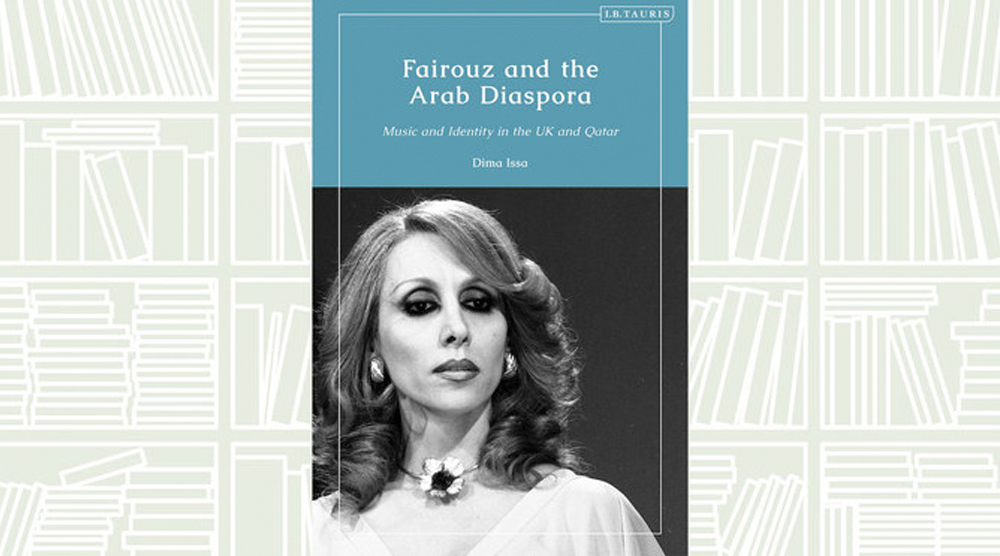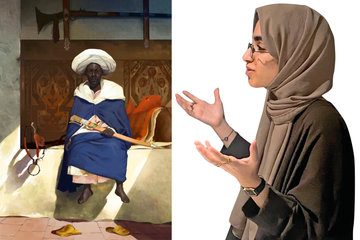
A new book titled "Fairouz and the Arab Diaspora: Music and Identity in the UK and Qatar" by Dima Issa, a media communications professor from the University of Balamand in Lebanon, examines how the voice of legendary Lebanese singer Fayrouz affects diasporic Arabs emotionally. As someone who has lived abroad for most of her life, Issa herself was introduced to Fayrouz's music by her parents, who listened to her every morning with their coffee. There was always something reassuring about Fayrouz for her parents, even though she and her friends preferred other genres.

Issa grew to appreciate Fayrouz's Arabic songs as she got older, especially after she relocated to the UK to pursue her studies and experienced culture shock. She found peace in Fayrouz's music and every time she listened to her, she felt at ease, like she belonged, and at home. Issa calls Fayrouz a "inherited" artist who, not just for the Lebanese but for all Arabs, transcends space and borders. She mentions how Fayrouz's expressive, melancholy voice helps listeners to "travel" as she sings about different places.
Issa explores topics like distance, absence, time, and "Arabness" in her book as she looks at the private lives of Arabs in the diaspora via Fayrouz's music. She found that Fayrouz's music helped individuals strengthen their bonds with their parents and offered solace to Syrian refugees who had been uprooted from their homes. As Brexit drew near discussions with Arab Londoners also took place, providing insight into what Fayrouz meant to them personally during a time of cultural, social, political, and economic upheaval.

Overall, Issa's book offers a fascinating look at how Fayrouz's music has influenced and impacted the lives of Arabs in the diaspora. Through personal stories and academic analysis, she explores how Fayrouz's music has provided comfort, solace, and a sense of belonging to those who feel disconnected from their homeland or culture. Her research demonstrates the enduring power of music to bring people together and create a sense of community across borders and time.

















